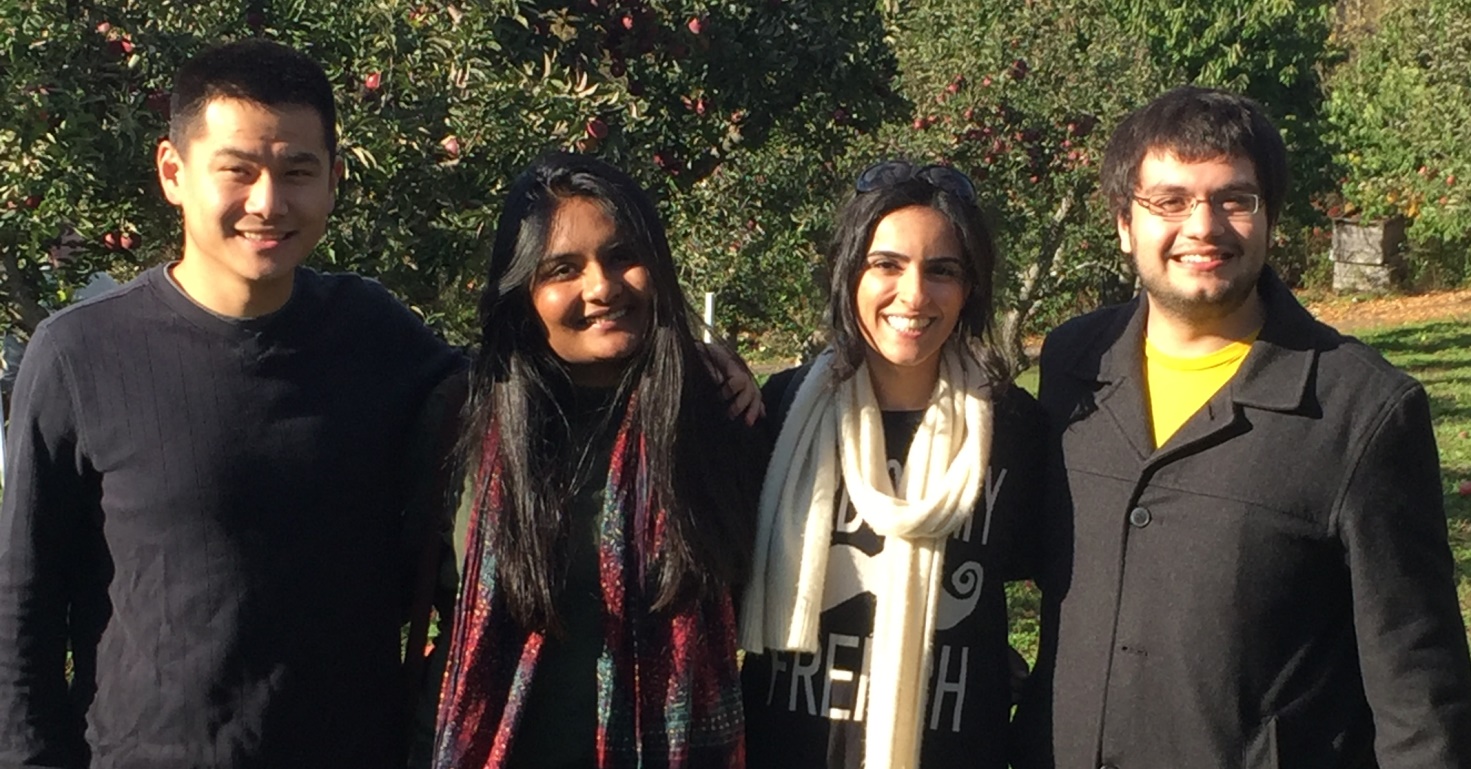
The Agency for Healthcare Quality and Research has accepted a case study written by four medical students from the Wayne State University School of Medicine.
Gong He, Swapna Musunur, Nousha Hefzi and Chris Savvides were observing a procedure as part of a four-week externship this summer with the Department of Internal Medicine when they identified systemic factors that contributed to an error and adverse event without harm.
The case will be published on AHRQ's Morbidity and Mortality Rounds on the Web, or WebM&M, a free peer-reviewed online journal and forum on patient safety and health care quality that features expert analysis of medical errors that readers report anonymously.
The students, who had completed only one year of medical school before the externship, were encouraged by Department of Internal Medicine Associate Professor and Vice Chair of Education Diane Levine, M.D., to submit the case.
"This is the first case I am aware of that has been submitted by WSU students. One of the unique aspects of their submission is the early recognition of the importance of the culture of safety and of speaking up," she said. "The students learned that harm is not required to address errors. They analyzed the causes of the error, reviewed the literature and made recommendations to improve the culture of safety and address systemic causes that contributed to the event."
The quartet will split a $300 honorarium and the case will be highlighted with editorial comments. The students, now in their second year of medical school, applied to the Internal Medicine externship because of Dr. Levine's enthusiasm at patient safety seminars held last year.
"We were very excited to have the case accepted, especially because it is a very important topic to share," Hefzi said. "Whenever mistakes happen in the medical field, there is a stigma of fear to not share or talk about it, but Dr. Levine was very supportive in urging us to discuss ways that mistakes can be prevented to ensure greater quality care for our patients. It is only through safe spaces and open dialogue that we can continue to move forward with ensuring patient safety. It's also exciting to see our work continue beyond the summer externship."
They plan to continue working as a team and submit additional cases from their summer experience. They also worked together to develop curricula in patient safety, and submitted another abstract accepted for presentation at a Midwest Society of General Internal Medicine meeting.